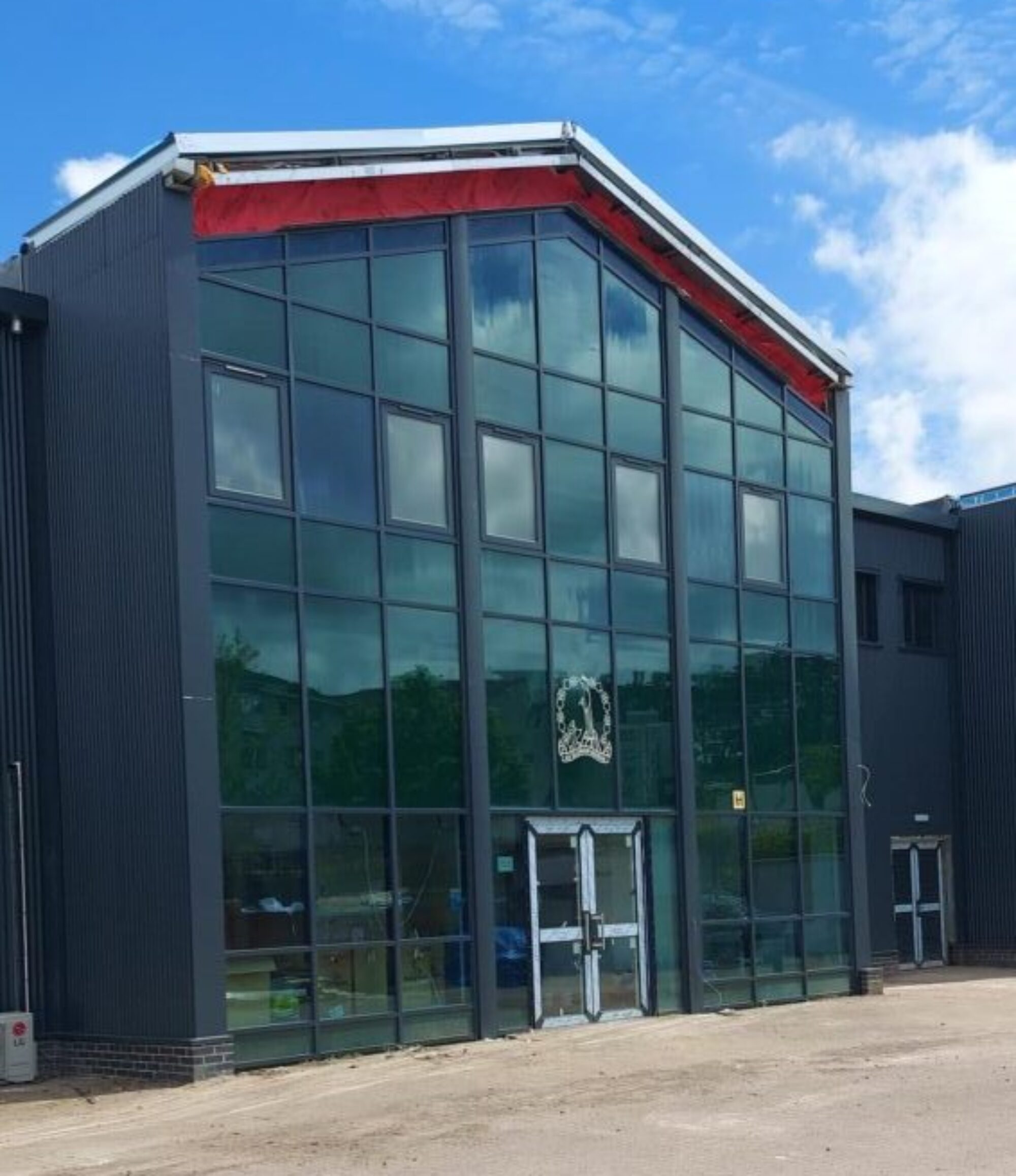Curriculum for Excellence is the name given to the curriculum in Scotland for all children and young people aged 3-18. It is a forward looking, coherent, more flexible and enriched curriculum that provides young people with opportunities to engage with the knowledge, skills and attributes they will need to flourish in life, learning and work, now and in the future.
The curriculum includes all of the experiences that are planned for children and young people to support the development of their skills, wherever they are being educated, for example in the family and community, pre-school centre, nursery and school. This broad, general education will allow them to become successful learners, confident individuals, responsible citizens and effective contributors to life in the 21st century.
In taking this forward our school will work closely with South Lanarkshire Education Resources and other services to enrich the curriculum, to provide the best possible education for all children and young people. We wish you to feel confident that your child is encouraged and supported to develop their literacy, numeracy and other skills whilst they attend our school. The curricular areas are as follows:
• Expressive arts
• Languages and literacy
• Health and wellbeing
• Mathematics and numeracy
• Religious and moral education
• Science
• Social studies
• Technologies
If you want to know more about Curriculum for Excellence, please visit these websites: http://www.educationscotland.gov.uk/thecurriculum/ or www.parentzonescotland.gov.uk.
Our learning and teaching activities are based on the outcomes and experiences in the guidelines that all schools have for Curriculum for Excellence.
Level/ Stage
Early – The pre-school years and Primary 1 or later for some.
First – To the end of Primary 4, but earlier or later for some.
Second – To the end of Primary 7, but earlier or later for some.
Spiritual, Social, Moral and Cultural Values (Religious Observance)
For Roman Catholic Schools
In a letter of guidance issued by the Scottish Government in February 2011, it is acknowledged that Catholic schools take a distinctive approach to the provision of Religious Observance:
Scottish Government Ministers welcome the tradition that, in Roman Catholic denominational schools, Catholic Liturgy will largely shape the nature and frequency of religious observance activities in the classroom and in the wider school community. So, at times, children and young people will be invited to participate in, and sometimes to lead, prayer and reflection in classrooms and at assemblies. At other times, to honour particular occasions or feasts, chaplains will lead school communities in the celebration of Mass and other forms of liturgical celebration

